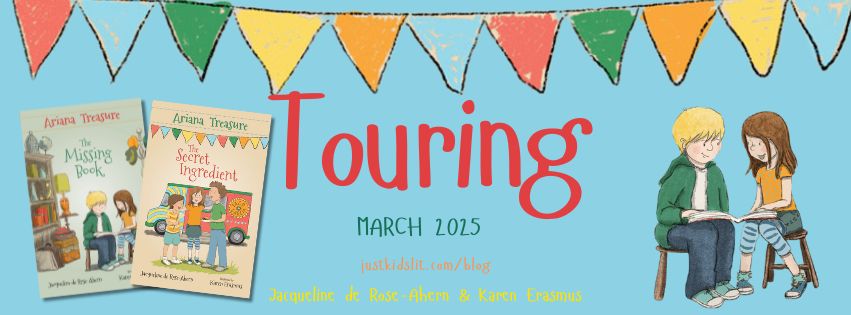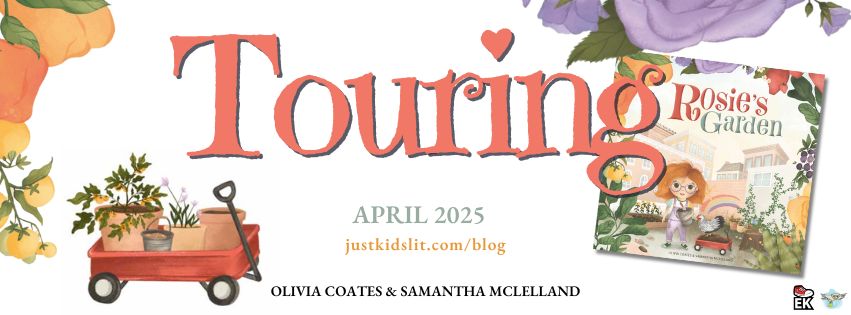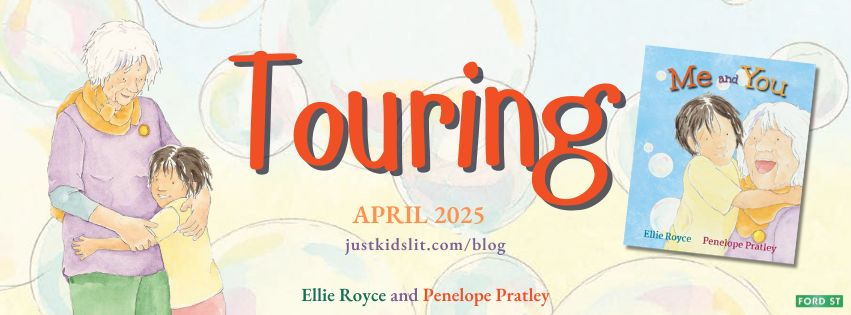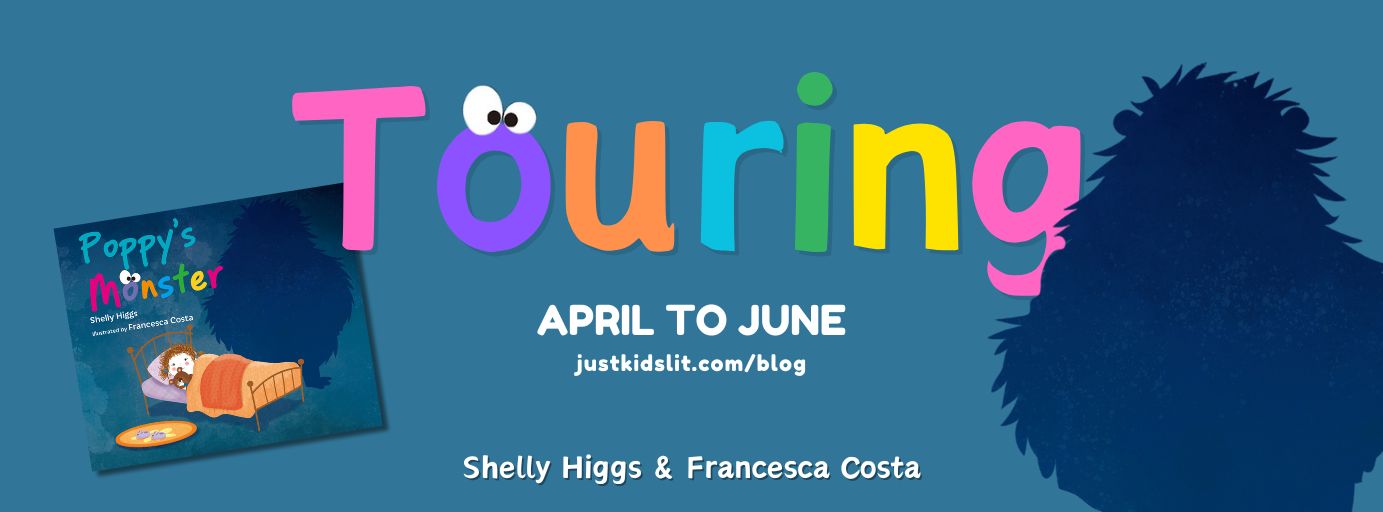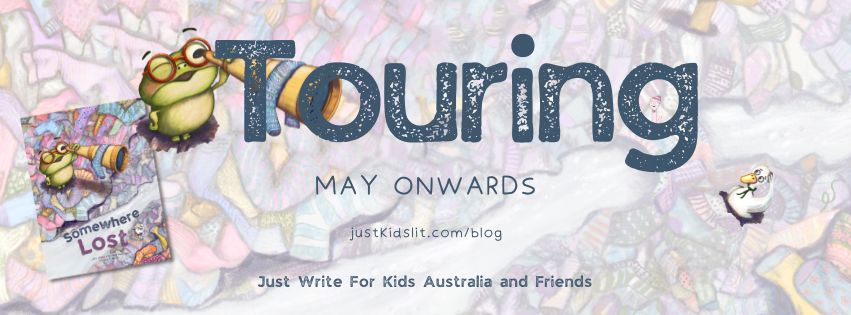#hadamarthehouseofshudders #bookcampaign #booksontourpr
It’s an honour to speak with Jason K. Foster about his motivations and writing journey, his thoughts on war, and books, and writing historical fiction.
We need to have children know that, when they all pull together for the right reasons, they can achieve anything. They can achieve the change in the world they want to see.” – Jason Foster
You’ve written a number of novels including crime and war stories. What draws you to this type of content?
As a History teacher, the consideration of history and the way it is remembered is something of a focus for me on a daily basis. I have been very fortunate to have had some outstanding historians as my university lecturers and experienced history teachers as my mentors. I truly believe that, by examining our past and thinking of the nature of human existence, that we can make a better future for ourselves. I have always been fascinated not only by the different ways people lived in the past but also the varied differences in human thoughts and perceptions of the world.
 My father, grandfather, uncle and aunty were all in the military and, while I never joined up in the family tradition, I have been exposed to the military from a very young age. I am sure my grandfather’s many stories about his time in New Guinea during the Second World War sparked my interest in war, more so the experience of the individual, the common person, rather than the big events.
My father, grandfather, uncle and aunty were all in the military and, while I never joined up in the family tradition, I have been exposed to the military from a very young age. I am sure my grandfather’s many stories about his time in New Guinea during the Second World War sparked my interest in war, more so the experience of the individual, the common person, rather than the big events.
As for true crime writing, I never really considered it as a genre I could write. I fell into it fortuitously. For Seven Bones and Deadly Paths, I was introduced to Peter Seymour and he said he wanted to write Seven Bones for years but he needed someone to help him refine all the information to put it into a narrative. The Dark Man was a fascinating story that combined both the true crime element and my love of history, plus it allowed me to tell a story of my local part of the world.
Do you have a personal attachment to war that drives you to research into these topics?
As stated, I have a military family of sorts but I think my interest in war has more come from History and English teaching. Reading and teaching poetry from poets such as Wilfred Owen why they occurred, who fought in them and why. This has been exacerbated by the fact that the reverence and importance of ANZAC Day and Remembrance Day has been taught to me since I was young. Given the military aspect of my family I have been fortunate to speak to many veterans and hear their individual stories of war and military service and how it has impacted on them.
Congratulations on the release of Hadamar! Throughout your research and writing journey, were there any challenging or defining moments that stopped you in your tracks, so to speak? How did you move past these hurdles?
 The biggest hurdle was actually deciding to undertake writing the book in the first place. I knew it would be a lot of research but I had seen how interested the children that I taught were in the subject matter so I decided to proceed. Given there was a mountain of information once I had collated it, it became a little overwhelming to decide how to put it all together in a strong and powerful narrative. To move past this, I just kept researching and researching and being decisive with what I was going to include in the final narrative and what I was going to leave out.
The biggest hurdle was actually deciding to undertake writing the book in the first place. I knew it would be a lot of research but I had seen how interested the children that I taught were in the subject matter so I decided to proceed. Given there was a mountain of information once I had collated it, it became a little overwhelming to decide how to put it all together in a strong and powerful narrative. To move past this, I just kept researching and researching and being decisive with what I was going to include in the final narrative and what I was going to leave out.
The second major hurdle was that initial drafts of the book were not quite up to scratch. The narrative was drawn out, stilted and not authentic. I was preoccupied with trying to get the historical context across and to help people understand why the bullying and maltreatment occurred but the book ended up reading like a historical text book. Faced with having to make major changes, I was not sure how I should rewrite it. While I am not particular about keeping my words as they are, it was daunting to have to delete approximately 175 pages of what I had written, not because I was precious about my words but because I was not sure how to restructure the narrative.
How do you see the parallels between what happened in WW2 and the politics of today? And how can we help our younger generation to realise the gravity of negative words and behaviours towards others?
As the main protagonist in the book, Ingrid Marchand, states as an older woman she sees parallels between Nazi Germany and today. When the Nazis came to power they were adept at using new forms of mass media to manipulate the populace through their propaganda. I feel that modern forms of social media, while excellent for allowing the expression of free opinion and the essence of free speech and democracy, have an influence that people may not realise. I feel that these forms of media have given a platform for hate speech and racism because people don’t realise that, even on these platforms, your words have consequences.
I feel that, because of the ever increasing competition for resources, the movement of people around the world, etc., that the politics of the world are moving to the Right. There is a rise in the fear of the other and fear of those who are different. The modern aspect that resonated most with me when I was writing the book was when the Trump administration began putting asylum seeking children in cages and with the Australian Government’s detention of refugees on places like Manus Island.
I wrote the book because I wanted children of today to understand the consequences of negative words. I have heard children throw around words such as ‘retard’ to pick on one another. While I am certain they are not fully aware of the power of their words or that they are meaning to pick on mentally different children, it is the normalisation of words such as this that become problematic.
We can help the younger generations by helping them understand that while their everyday words may seem inconspicuous, when they become the norm, then hatred becomes the norm. Children, and people in general, need to be conscious of the words they use. I know I have been guilty of doing the same, but after writing the book, I catch myself when I use seemingly innocuous words that, if they become the norm become exactly that: the norm.
We need to have children understand that, yes, the Nazis were the ones who committed the atrocities but it was the majority who supported them that allowed them to come to power in the first place. We need to have children understand the power of what people can do when they all work together, both positive and negative. We need to have children know that, when they all pull together for the right reasons, they can achieve anything. They can achieve the change in the world they want to see.
What are your favourite books on war to read? Have you drawn any inspiration from these when writing your own books?
The Book Thief by Markus Zusak moved me greatly. Given that his protagonist is a young girl, it intrigued me because it made me wonder how young and innocent people perceived the events of the Nazi period. I have also read the Boy in the Striped Pyjamas by John Boyne and seen the reaction that this book has had with a young audience for the same reasons. Thomas Kenneally was also a keynote speaker at my Masters of Arts in History graduation so I read Schindler’s Ark shortly after. I have read and had the students perform the play version of Anne Frank’s Diary. I was also exposed to books such as Catch-22 when I was in high school which made me think of the futility of war.
I think all of these books, and others, have had their influence in their own way. I guess it is the mixture of the adult level texts trying to make sense of a war that had little sense to it and the question of how innocent children would then try to make sense of events that are bigger than what they could ever hope to understand.
What advice can you offer fellow writers on the process of navigating historical fiction novels?
Do your research. Then do some more. Then do some more again.
While I am certain I have not got all the facts right for Hadamar I have tried to be as authentic as I can. And this is the key piece of advice I can give to any writer, your work needs to be authentic. You are the authority as the author and if your read questions your authenticity then they question your authority as a writer. Even in a genre such as Science Fiction, this still applies.
But the writer of historical fiction also needs to be aware that, no matter how good your research is, there will be someone who will question it. When you have readers asking about this, this is where doing your research helps because you know what you have read and researched.
However, writers of historical fiction also need to be aware of the fact that there are certain things when, you research every angle you can possibly think of, you follow every hyperlink there is, and you still do not find what you are looking for. It can be quite frustrating. You then need to think about whether you use the information or not. There was an ‘incident’ at Hadamar when the Americans arrived where a five-year old girl came to them with a grenade and detonated it. While I read this in several places, I did not feel I could independently verify the truth of this story so I chose not to use it.
Lastly, you are trying to get as close to the truth as possible but you never will. You are a writer writing about the past, you did not live it, you did not experience as the people of the time did, so you can recreate the past but it will always be a recreation. Be detailed but do not get bogged down in details.
What projects are you currently working on and what can we see from you in the future?
I am working on a book that I thought about years ago, to do with Australia in World War I. I had originally envisaged doing this text as a play but as I am not a playwright, I decided against it. It covers many of the same themes as Hadamar, fear of difference, acceptance of others etc.
I am also working on a futuristic dystopian novel but I am not quite sure of the direction I want with this and it is probably more a little self-indulgence than anything else. The more I write on it, the more things I realise I need to research/ get accurate. If I get it right I think it might be okay, but that is if I get it right.
Lastly, I have some historical novels to do with the history of Australia but I wrote them a long time ago and I have come a long way as a writer and had many people give me a lot of advice and help. When I went back to look at these novels I wrote more than a decade ago, to be honest, the writing is just not that good. Perhaps a little self-indulgent. They will take me a lot of work to get right but I will try.
Thank you for taking the time to answer my questions, Jason! 😊
 To follow Jason Foster and his fantastic work, please find him at the following links…
To follow Jason Foster and his fantastic work, please find him at the following links…
Website: jasonkfoster.com.au
Facebook: Jason K Foster Author / Hadamar: The House of Shudders
#hadamarthehouseofshudders #youngadult #warnovel #ww2 #nazigermany #jasonkfoster
A Story to Grip Your Heart. WIN Hadamar: The House of Shudders!
Embrace the power of knowledge. Why do you want to read this book?
Click the link for details.

Jason Foster and Hadamar will be featuring at a number of media sources, including the following…

Subscribe at Books On Tour PR & Marketing to stay in the loop.






